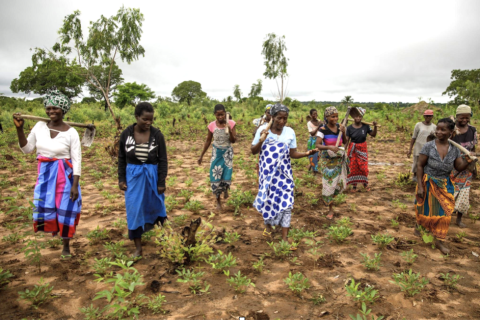
Topics and Regions
Sarah Lowery is DDI/EEI/LRG’s Economist and Public-Private Finance Specialist. Ms. Lowery leads work on integrated finance for sustainable land use and responsible private sector investment. She focuses on the link between secure land tenure and inclusive economic growth and leads econometric and financial analysis related to strengthened land tenure and access to finance.
Educational Background
Ms. Lowery holds a master’s degree in Business Administration (MBA) and a master’s degree in Environmental Management (MEM) from Yale University. She also has bachelor’s degree in Economics & Business and Japanese Studies from Lafayette College.
Regional Experience
Ms. Lowery is the office’s point of contact for Latin America and the Caribbean. She has professional experience in Belize, Brazil, Colombia, Costa Rica, Jamaica, and Spain, as well as Jordan and Lebanon.
Previous Experience
Ms. Lowery brings over 12 years of experience at the intersection of business, finance and the environment. Prior to joining USAID, Ms. Lowery managed the Public-Private Co-Finance Initiative at Forest Trends, where she designed public-private financial mechanisms in Brazil and Colombia that encourage sustainable land use (i.e. reduced deforestation and increased climate-smart agriculture technologies). She has authored several papers and thought-pieces on climate finance innovations like REDD+ bonds and ways to utilize climate finance to unlock larger pools of capital like domestic agricultural finance in the pursuit of conservation goals.
Details
Location
Contributions
Displaying 1 - 1 of 1Putting community land rights first: responsible private-sector divestment in Mozambique
In Mozambique, community land rights are recognised under the country’s progressive land laws. Yet many private-sector companies also hold long-term leases on wide swathes of land that once belonged to communities. Here, Sarah Lowery of USAID’s Land and Resource Governance Division discusses how USAID partnered with agroforestry firm Green Resources to help it responsibly divest its land-use rights back to local communities.
How private-sector leaseholds affect community land rights

